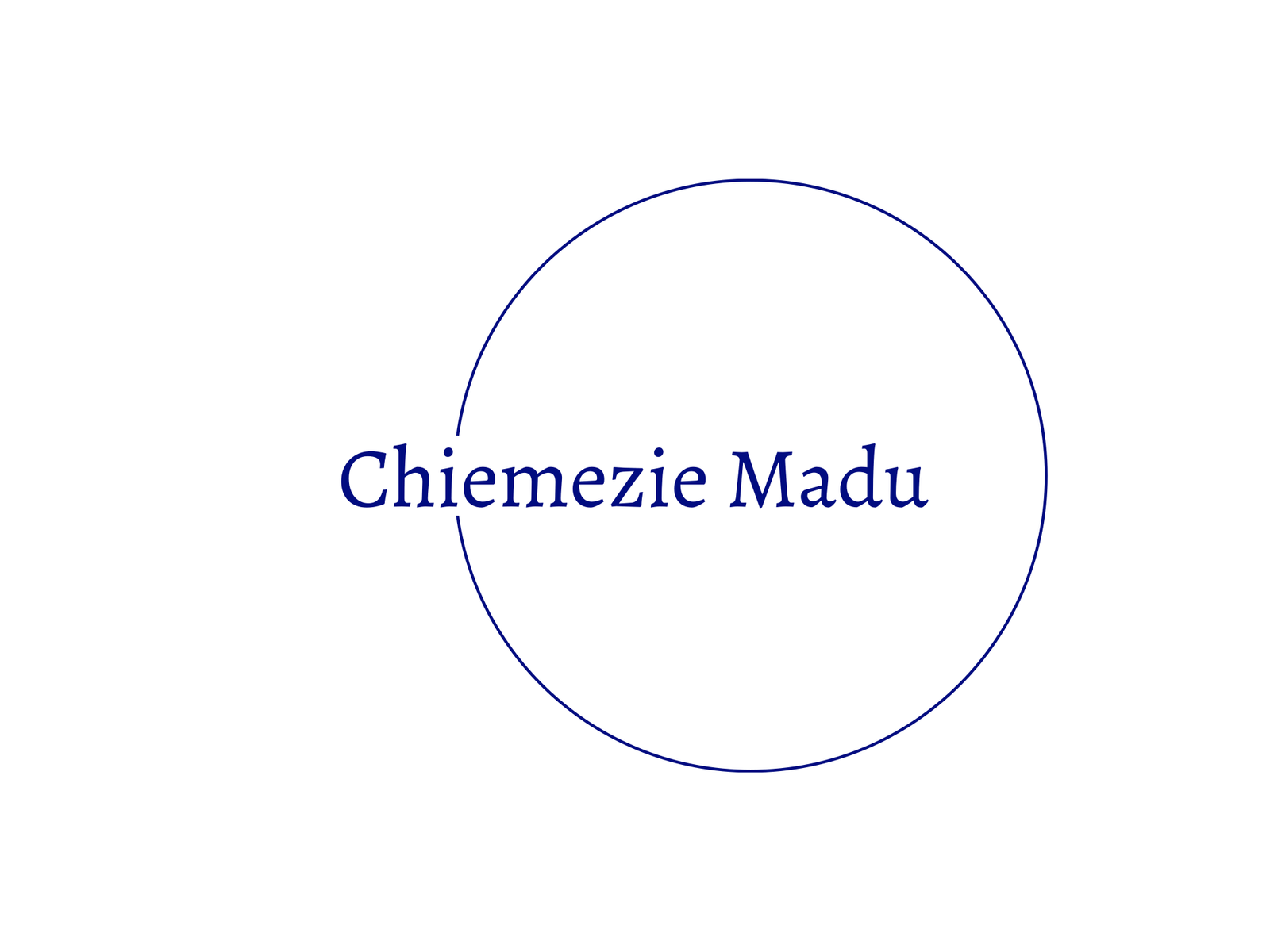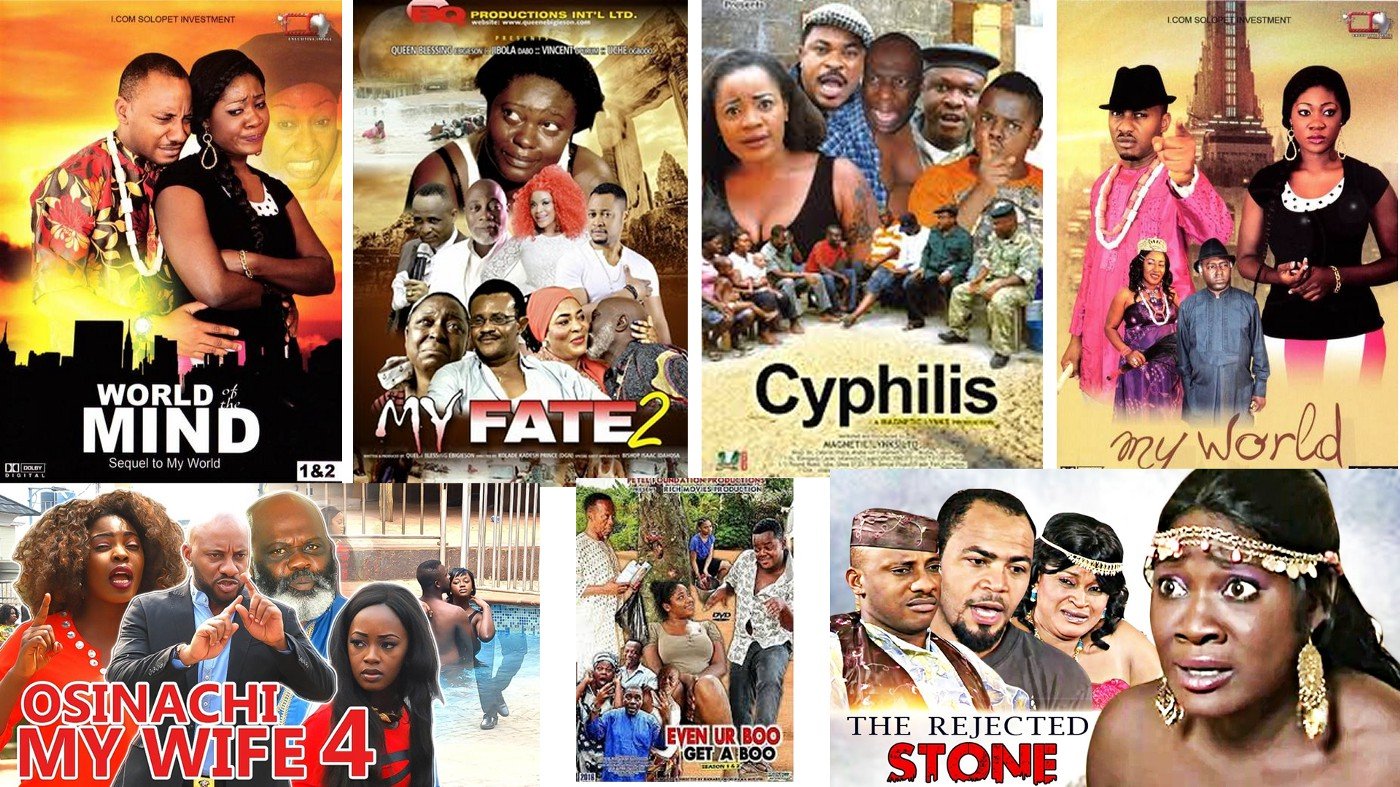The strongest representation of life is through art, especially audio-visual art (motion picture). A popular proverb says when a lie is told repeatedly, it becomes the truth. When you hear or see the same story everyday, it becomes the new normal (think of how we now react when we hear of a bandit attack in Zamfara). Look at the western media’s (CNN and co) constant misrepresentation of Africa as another example. Many people (foreigners) have grown to know Africa as a squalid slum where dirty streams are the only source of drinking water.
Hollywood played (and is playing) a huge role in the shaping of America’s perception globally. The no-nonsense, we-don’t-negotiate-with-terrorists notion we know about America is mainly from what we have seen in Hollywood movies. Our impression of the American president being untouchable, or the impossibility of committing acts of terror on American soil, or of getting away with murder are all constructs of Hollywood. But JFK was assassinated, 9/11 happened, school shootings happen frequently and not all murderers have been apprehended. Perhaps America negotiates with terrorists after all (think of prisoner swaps). Perception is everything.
Contrast this with Nollywood. What story has Nollywood told about Nigeria to the world? Money making through rituals (in the 1990s) and the wicked mother in-law (in the 2000s). Not that these things don’t happen, but when the narrative is pushed with the vigour in which Nollywood has done, you assume it is the norm. Young ladies enter their marital homes armed for war with their ‘wicked mother in-laws’ (whom they’ve probably only met once). People walk around with paranoia, scared that someone is about to poison their drinks. One would think hospital beds in Nigeria are filled with poison patients.
I accuse Nollywood of not telling the Nigerian story properly. I am not asking for a whitewash of Nigeria, but a true representation of the culture, society and challenges on ground in such a manner that people can relate with. There are lots of thrillers, dramas, comedies etc that can come out of the Nigerian context. Instead of a woman trying to poison her daughter in-law what about a movie about the journey of a woman to become the first elected senator in Nigeria against all odds. Instead of these shallow, predictable love stories, what about the tragedy of a couple who lost their only child to sickle cell. Come to think of it, when last did you see a Nollywood tragedy. When last did you cry after seeing a Nollywood movie? Or does it take advanced technologies to produce these movies? I don’t think so. I read somewhere that the best writers are those who are able to create a character that becomes a part of you. The best fictions are the non-abstract ones, the ones you can relate to.
There are many relevant stories that can represent clearer realities: our politics (very few movies on this), our elections, our policy making (how many movies have been set in the Nigerian Senate or the Presidency?). There are beautiful dramas that can be made from the struggles of a middle class family to make ends meet, the life of a doctor in a busy teaching hospital, a busy banker who fell in love with his colleague and now the bank MD wants to sack one of them etc. What about corruption cases, the scandals, the missing billions, the war against insurgency (imagine a love story cast in Maiduguri and the man is later killed by insurgents).
I am tired of seeing these ‘Zubby-Michael-like’ movies of cultism, or how a rich man is oppressing his village people, or how a wretched boy went to Lagos and made it big time. Some issues have just been over-flogged. I struggle to relate most times with the setting of these movies. A movie is set in eastern Nigerian and you hear children call their parents ‘Mama’ and ‘Papa’ in the village. In all my life I have never seen that happen. Rather Igbos say ‘Mma’ and ‘Mpa’. A movie is set in an urban area and all the houses are palatial mansions. Although this happens, majority of people, especially middle class families live in simple houses like 3-bedroom flats. That is something more relatable than those 5-star hotel mansions (obviously rented hotels).
I will conclude by saying Nollywood has a huge role to play in how Nigeria is (or can be) perceived both locally and internationally. The stories they tell shape the impression people have (or will have) about Nigeria. This potential is completely untapped. A large portion of this blame goes to the government (at all levels). A more responsive government would form an alliance with Nollywood and create narratives (e.g. an indefatigable army, or incorruptible EFCC) they want them to churn out. Funding is not the problem. It is just the lack of ideas and the courage to dare to be different.
Chiemezie Madu
February 09, 2022

